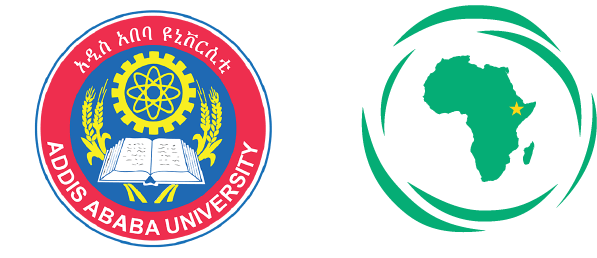SuPporting African communities to increase the Resilience and mental health of Kids with developmental disorders and their caregivers (SPARK)
Globally around 53 million young children have developmental disabilities, and 95% of these children live in low- and middle-income countries. While the overall prevalence of developmental disabilities decreased globally over the time period 1990-2016, the number of affected children increased significantly in sub-Saharan Africa, particularly for intellectual disability.
The majority of children with Developmental Disorder (DD) in sub-Saharan African countries are never formally identified and diagnosed and receive no formal support.
In line with UN Sustainable Development Goals 3 (ensure healthy lives and promote wellbeing) and 4 (ensure inclusive and equitable quality education), there is an urgent need to develop and evaluate an integrated community-based care model that increases identification of children with DD, raises community awareness, and results in referral to community-based interventions promoting resilience, skills development, community inclusion and wellbeing for children and caregivers.
Aim: co-develop an integrated community-based care model for children with DD promoting identification and referral of children with DD, community-based support and inclusion.
Expected results: The current ethics application focuses on phase 1 of a larger project ‘SPARK: SuPporting African communities to increase the Resilience and mental health of Kids with developmental disorders and their caregivers’. In this phase, children with DD in the community will be identified using a Community Informant Detection Tool (CIDT) for DD. An integrated care models will also be developed for children with DD and their families, considering health and education systems, employment opportunities for caregivers as well as the wider community. Draft models will be site-specific to take contextual considerations into account.
Funding: The UK’s National Institute of Health Research (NIHR) funds the project.
